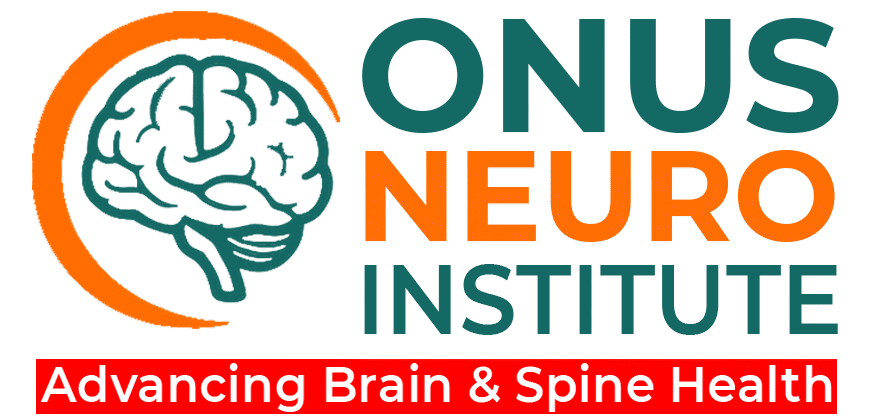
EEG Brain Testing at ONUS Robotic Hospitals
Electroencephalography (EEG) is a diagnostic test that records the electrical activity of the brain via electrodes placed on the scalp. It is essential for diagnosing epilepsy, seizures, sleep disorders, encephalopathies, and other neurological dysfunctions.
Why EEG?
- Non-invasive & Safe: Painless procedure with no side effects or radiation exposure.
- Real-Time Brain Activity Monitoring: Captures abnormal electrical patterns indicative of seizure activity or brain dysfunction.
- Video EEG Capability: Combines EEG recording with video to correlate seizures or symptoms with electrical changes, improving diagnostic accuracy.
- Routine and Long-term Monitoring: Supports diagnosis and treatment planning for patients with frequent or difficult-to-capture seizures.
Clinical Applications
- Epilepsy Diagnosis and Classification: Identifies seizure type and focus localization.
- Sleep Disorders: Evaluate conditions like narcolepsy and parasomnias.
- Brain Injury & Encephalopathy: Detects generalized slowing or abnormal patterns from injury or metabolic issues.
- Pre-surgical Evaluation: Helps localize epileptogenic zones for surgical planning.
Patient Experience
- The procedure typically lasts 20-60 minutes, longer if video monitoring is required.
- Electrodes are attached using conductive paste; mild scalp cleaning may be necessary.
- Patients are asked to relax and may be exposed to stimuli (like flashing lights) to provoke brain activity.
- Staff ensures patient comfort and clear instructions throughout.
